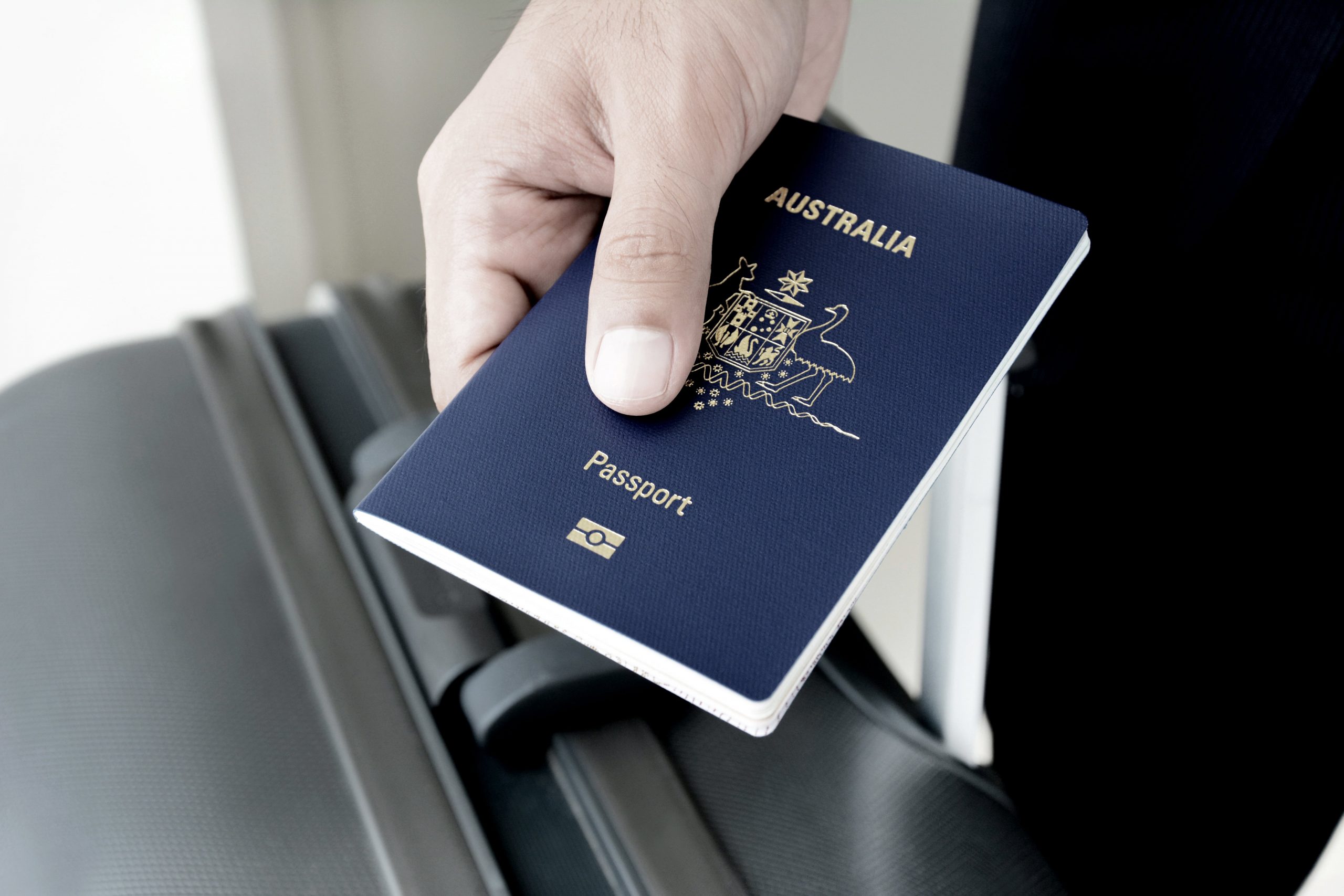Share This Article
ArrayDuring the heightened COVID period, other than the NSW COVID 19 rules, the Federal Government had announced that travellers from India entering Australia would face five years imprisonment and/or a fine of $66,600.
The Government had at the time implemented the temporary pause on travellers from India entering Australia based on advice regarding the worsening COVID-19 situation in India at that time.
India had been reporting more than 300,000 new cases of COVID-19 every day during the height of the pandemic.
The number of active cases at the time were nearing 19 million, and more than 200,000 people had already died.
The pause came into effect at 12:01 am on Monday, 3 May 2021. It is no longer in force, however, was a significant historical step taken by the Government.
The review of the measure was based on “the epidemiology in India and likely impacts on Australia’s quarantine capacity,” and “the public health risk to Australia to inform a proportionate response,” as explained by Greg Hunt, Minister for Health.
“Several months ago, when the situation was really bad in the UK and the USA and many arrivals from there were found to have Coronavirus, we didn’t see this type of statement from the government of Australia.
“Yet now they have issued this statement with regard to India’s situation – banning the flights and with regard to these severe penalties for arrivals of stranded Australian citizens from India.
“While they can do this, it has given a concerning impression to the community.” commented Dr Yadu Singh of the Federation of Indian Associations of NSW.
“The Government does not make these decisions lightly. However, it is critical the integrity of the Australian public health and quarantine systems is protected and the number of COVID-19 cases in quarantine facilities is reduced to a manageable level.” continued Mr Hunt.
“We recognise that the Australian government has to look after Australians who are living in Australia, but they should not forget that these people who are stranded in India, are also Australian citizens.
“The language which they have used, and the timing has been perceived by the community, the media, by the other community groups and also the Australian Human Rights Commission…as unusual and devoid of empathy.” stated Dr Singh.
“Instead of helping these people, they have chosen to say we will send you to jail and fine you over $66,000 per person. The timing of the message is very odd – it was a lazy policy announcement.” he continued.
The Australian Government had offered to supply a significant package of personal protective equipment (PPE), including one million surgical masks, 500,000 P2/N95 masks, 100,000 surgical gowns, 100,000 goggles, 100,000 pairs of gloves and 20,000 face shields.
“Our hearts go out to the people of India – and our Indian-Australian community. The friends and family of those in Australia are in extreme risk.” commented Mr Hunt.
“It comes down to moral obligation, these are our people – 9,000 of them and 650 of them are classed as vulnerable by DFAT. In my view, they should be repatriated as soon as possible, keeping in mind the dire Coronavirus situation in India and difficulties in accessing medical help if they end up needing hospital care there.” Dr Singh summarised.
The law was the first in Australian history to make it illegal for citizens to return home.
Human Biosecurity Emergency Laws Across Australia During Pandemics
The measures outlined above are an emergency determination under the Biosecurity Act 2015 (Cth).
The Biosecurity Act 2015 (Cth) enables the Federal Health Minister to provide directions during a ‘human biosecurity emergency period’.
Section 479 makes if a criminal offence punishable by up to 5 years in prison and/or a fine of 300 penalty units (or $66,600, as a Commonwealth penalty unit was $220 at the time- it is now $222) to contravene a direction made under the Act.
Section 475(1) empowers the federal health minister to declare a human biosecurity emergency if satisfied that a listed human disease is posing a severe and immediate threat, or is causing harm, to human health on a nationally significant scale.
Furthermore, the declaration must be necessary to prevent or control the entry of the disease into Australia or the emergence, establishment or spread of the disease in Australia.
Section 42 of the Act provides that the director of human biosecurity may determine that a human disease is a listed human disease if the Director considers that the disease may be communicable and cause significant harm to human health.
COVID-19 is currently a listed human disease.
Section 477(3) of the Act empowers the health minister to impose requirements:
- That apply to persons, goods or conveyances when entering or leaving specified places,
- That restrict or prevent the movement of persons, goods, or conveyances in or between specified places,
- For specified places to be evacuated, and
- For the purposes of giving effect to the above.
The above list is not exhaustive.
Section 478(3) requires the health minister to be satisfied of the following before giving a direction:
- That the direction is likely to be effective in, or contribute to, achieving the purpose for which it is made,
- That it is appropriate and adapted to achieving its purpose,
- That it is no more restrictive or intrusive than required in the circumstances, and
- That the period of the direction is no longer than necessary.
Book a Lawyer Online
Make a booking to arrange a free consult today.
Call For Free Consultation
Call Now to Speak To a Criminal Defence Lawyer
Over 40 Years Combined Experience
Proven SuccessAustralia-Wide
Experienced LawyerGuarantee
 (02) 8606 2218
(02) 8606 2218
 (02) 8606 2218
(02) 8606 2218












